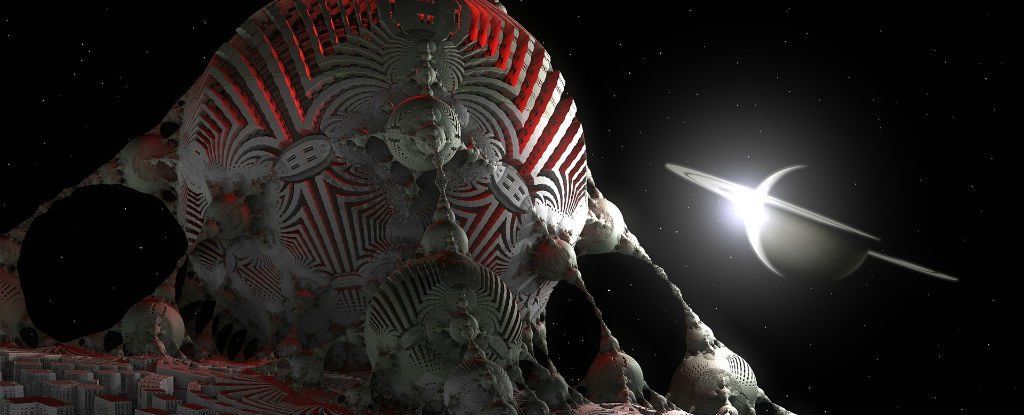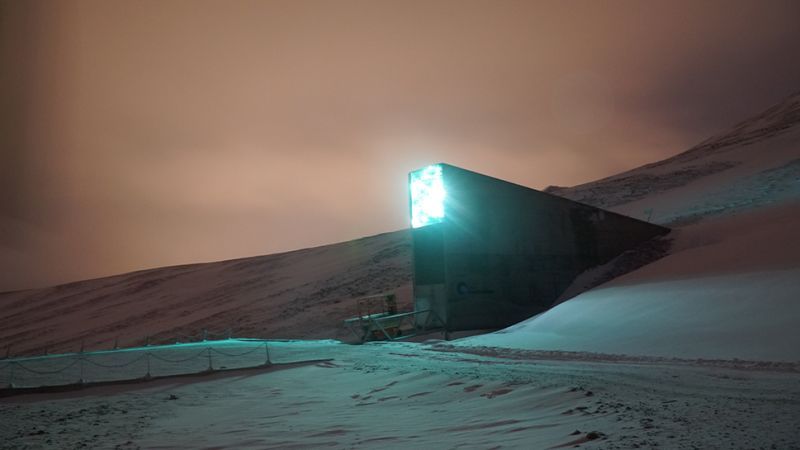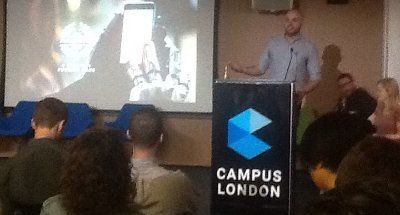You’ve probably heard about billionaires’ Plan B for when the end of the world comes, much of it centering around property in New Zealand. It’s not exactly a bad plan as far as doomsday prepping goes; buy a nice bunker somewhere in Middle Earth and wait out the chaos in luxury on one of two fairly isolated islands. Now, you may have noticed that front and center for such planning is Silicon Valley billionaire and Trump backer Peter Thiel of the pay-to-sue-Gawker-into-oblivion fame to the public at large, and ultra-libertarian venture capitalist with some crazy ideas about the future to the techies who know him. His backing of seasteading and support for Trump just because he got bored with Obama, are but a warmup to what he really has in mind for the future: immortality as a sentient super-AI.
No, you didn’t read that wrong, and no, this is not hyperbole. In fact, yours truly was once invited to an event where Thiel was a featured speaker after a rather public spat with the president of the Singularity Institute. I did not take up the offer because I had to be in class to learn how to build actual AI systems. And for full disclosure, I was invited to join an advisory board for a group of futurists called The Lifeboat Foundation, but like Groucho Marx, I didn’t want to be involved in a club that would accept someone like me as a member, much less as an advisor based on little more than me being a grad student at the time. So Thiel’s involvement with a group of futurists and an occasional computer scientist who thinks we’re on the verge of something a lot like the plot of Transcendence, is extremely well known in tech.
In fact, the belief that at some point, artificial intelligence and the march of technology will create a singularity that will alter humanity forever, has an alarming number of adherents in Silicon Valley. The face of the Singularity today, Ray Kurzweil, works at Google and runs Singularity University where it’s preached thanks to a multimillion commitment from his employer. And the fact that this belief is so popular in the world’s biggest tech hub isn’t all that surprising if we consider its followers. They’re told that their code and the technology they’re developing is changing the world, or they’re devoted followers of popular science news ready for the incredible future promised to us by the glossy magazines and sci-fi movies to arrive. To be told that by 2035 or 2045 we may become immortal through technology is appealing to say the least, and empowering for those who think they can help.





